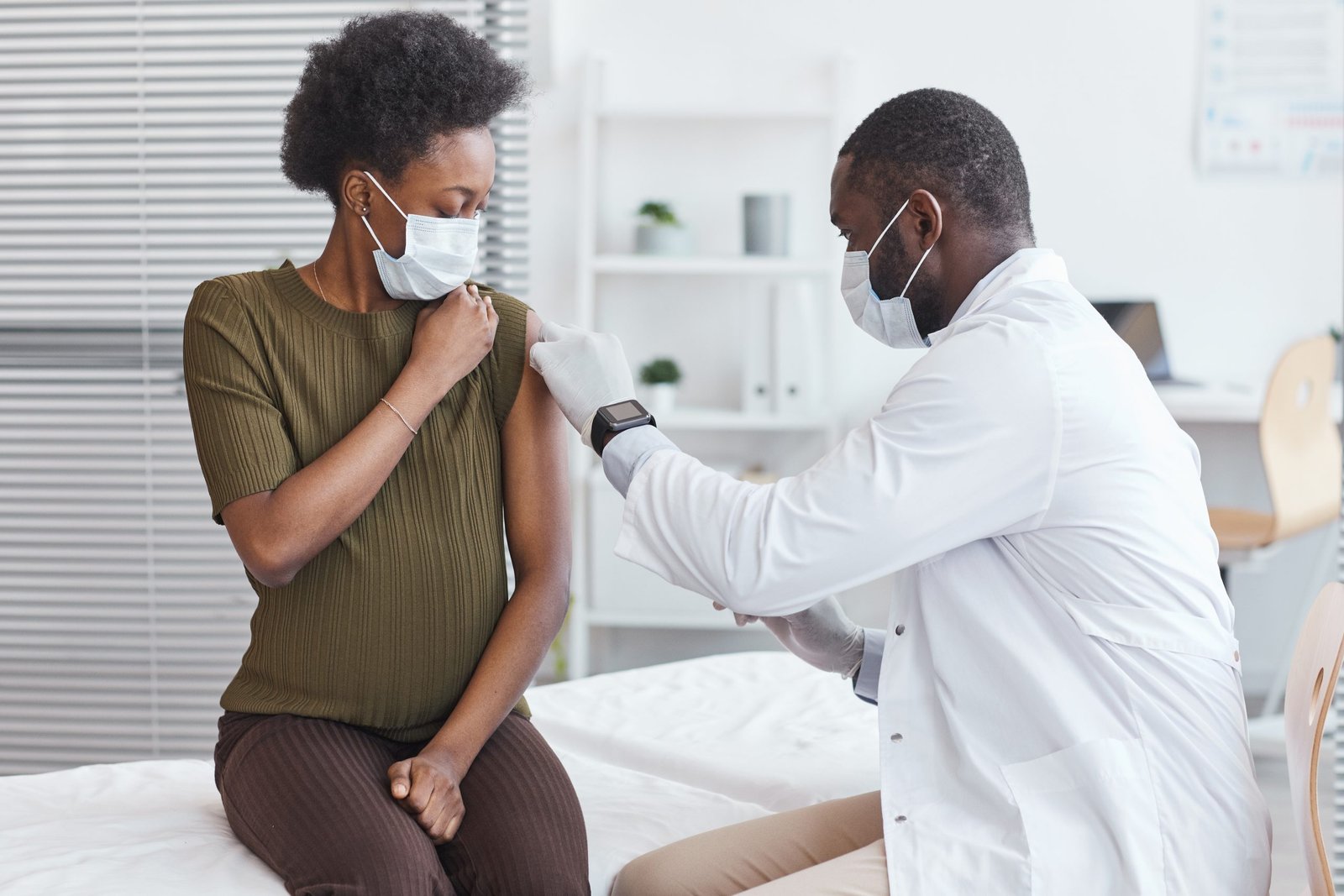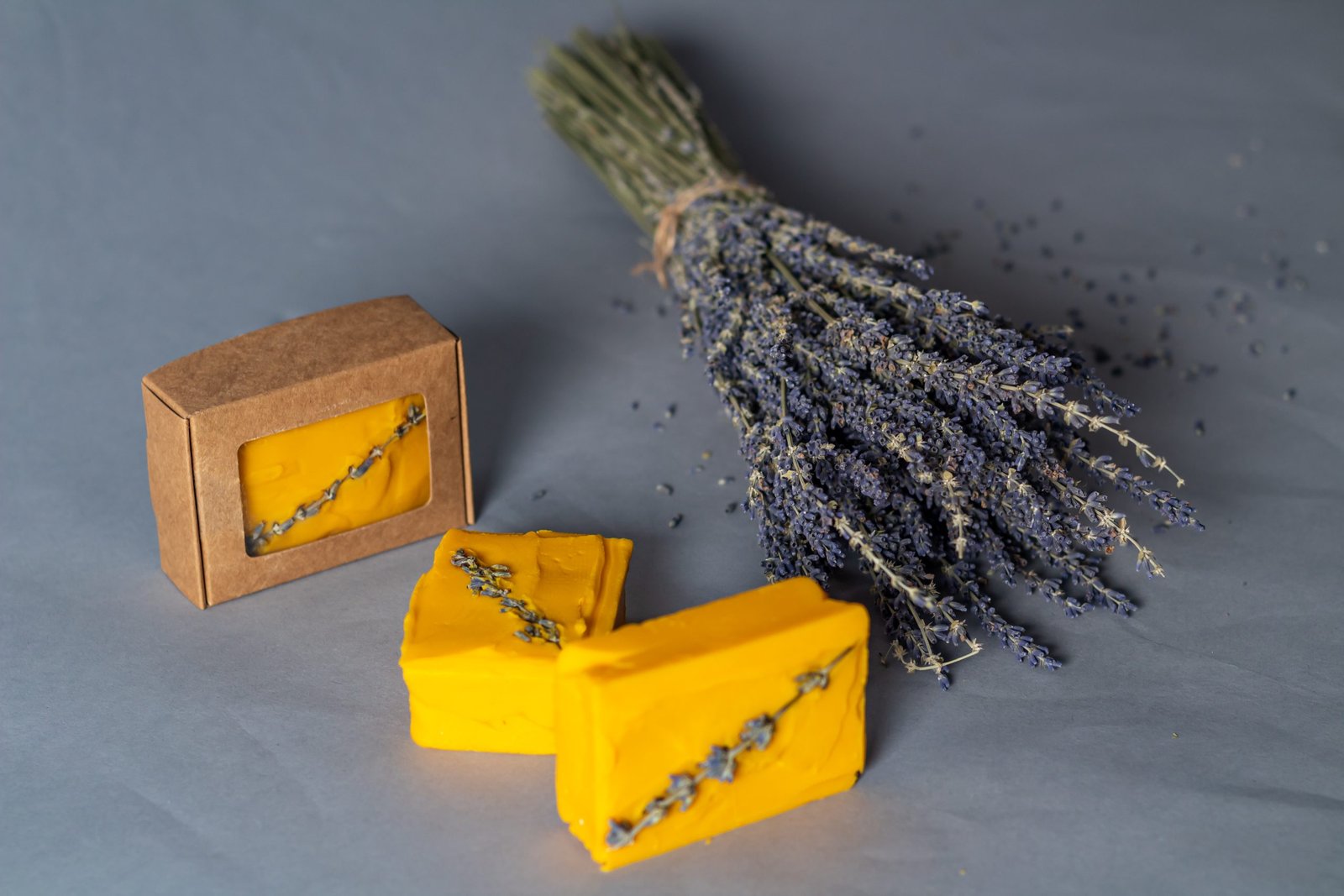Covid-19 has been a prevailing problem all over the world for more than 2 years now. Millions of people have died due to the coronavirus over, and we still get a large number of COVID-19-positive patients every day as we’ve entered a sixth wave. Fortunately, though, vaccines have been made and deployed in all parts of the world, and many more are under work. Like everyone else, fighting against the COVID-19 virus has been a challenge for pregnant women – and even their unborn babies. With the vaccines available now, everyone is asking “Should I get the JAB”.
Well, even though there is no clear answer to this, for now, let’s try to understand what COVID-19 vaccines are available today and how they are made. It will help you determine if it’s a good idea to get the vaccine during pregnancy or not.
Covid-19 Vaccines…
There are, primarily, two approaches used for creating COVID-19 vaccines; Messenger Ribonucleic acid (mRNA) or the Viral-Vector approach.
The viral-vectored vaccines use some harmless cold virus added with the spike protein DNA and grown in a cell culture. Even though they use an altered form of the virus so that it may not be able to reproduce, it can still replicate in the cells designed specially in this particular cell culture.
The virus is then allowed to grow over the next few days in a very controlled environment where multiple environmental factors are kept under check including temperature, CO2 and Oxygen levels, acidity, etc. Once you have enough liquid full of your desired virus, and also many unwanted materials, it’s time for downstream processing. During this procedure, the virus vaccine is purified so that you only get what you need to serve as the vaccine. The downstream processing is the most important part of vaccine creation and it’s carried out in a highly controlled way and involves much chromatography and filtration.
The vaccine is only released after proving that it is the exact pure and sterile product with the same composition that it claims to have.
The mRNA vaccines, on the other hand, are nucleic acid vaccines that do not use any cells. They don’t need any vats for growing anything. Instead, these vaccines use a machine, called a synthesizer, for creating the desired full-length RNA sequence by adding one nucleic acid to the other to encode the required spike protein.
This RNA sequence is then mixed with small lipid droplets in a controlled manner to produce these tiny droplets at a nanometer scale, carrying the RNA inside, with a lipid covering. Once the process is completed, they have to go under strict analysis to see if they have the right size and composition to be effective.
How They Work…..
Currently, many COVID-19 vaccines are undergoing clinical trials and the results obtained from these trials will be reviewed by the FDA to approve certain vaccines for regular use against the coronavirus. However, the FDA has approved the use of 3 vaccines to include:
- Pfizer-BioNTech Vaccine: This vaccine is proven to be 95% effective for the prevention of coronavirus with symptoms. It can cure individuals aged 5 years and older and requires two doses given with a difference of 21 days.
- Moderna Vaccine: This vaccine is proven to be 94% effective for the prevention of coronavirus with symptoms. It can cure individuals aged 18 years and older. It is also administered in two doses with the second dose given 28 days after the first dose.
- Janssen/Johnson & Johnson Vaccine: The clinical trials prove this vaccine to be 66% effective for preventing coronavirus with symptoms – after 14 days of the vaccination. It was also found to be 85% effective for the prevention of severe disease – at least after 28 days of the vaccination. The vaccine can be administered to individuals aged 18 years and older and is served in one dose only.
The Moderna and the Pfizer-BioNtech vaccines are mRNA vaccines that use the messenger RNA. The surface of the coronavirus features a spike-like structure named S protein. The mRNA vaccine tells the cells how they can produce a harmless S protein. Once the vaccine is administered, the cells start making the pieces of S protein and display them on the cell surfaces. The immune system considers the protein to be a foreign substance and initiates an immune response, making antibodies to fight this.
The Janssen/Johnson & Johnson vaccine, on the other hand, is a viral-vectored vaccine. This vaccine inserts a certain genetic material of the coronavirus into some other type of live virus that is very weak – for example, an adenovirus. This weakened virus enters the cells of the subject and delivers that genetic material from the coronavirus to give cells the required instructions to start replicating the S protein. When the cell surfaces display these S proteins, the immune system creates antibodies as well as defensive white blood cells to respond. In case, if the subject gets infected with the coronavirus, these antibodies will be there to fight it.
The Vaccine & Pregnancy…..
Considering the way these COVID-19 vaccines work in the human body, experts are of the opinion that they aren’t specifically risky for pregnant women. There limited but enough data available on COVID vaccines’ safety for pregnant women.
- Clinical trials looking into the safety and effectiveness of the COVID-19 vaccines for pregnant women are either planned or already underway. The manufacturers of these vaccines are also analyzing data obtained from clinical trials about women who got pregnant after receiving the vaccine.
- Animal studies, however, found no safety issues after serving the Pfizer-BioNTech, Moderna, and Janssen/Johnson & Johnson vaccines before pregnancy or during pregnancy.
FDA and CDC have put together safety monitoring systems to get information on vaccination in pregnant women, and they’ll be monitoring this information very closely. Long-term monitoring of these pregnancies is required for understanding the effects of the vaccines on the pregnancy and the infants.
The mRNA vaccines, Pfizer-BioNTech and Moderna, don’t have any live viruses in them that could cause the disease and, hence, they can’t be a cause of COVID-19 in the subjects. Furthermore, these vaccines don’t interact with the DNA of the subjects or make any genetic changes as mRNA doesn’t enter their cell nucleus where the DNA is present.
“The American College of Obstetricians and Gynecologists (ACOG) recommends that all eligible persons greater than age 12 years, including pregnant and lactating individuals, receive a COVID-19 vaccine or vaccine series” ~ACOG Practice Advisory, Dec. 6 2021~
Nothing can be conclusive with the information we have right now, and all the information presented above is for educational purposes. So, it is advised to always discuss with your healthcare provider before getting a COVID-19 vaccine during pregnancy.
**The information given is helpful, but it is not a substitute for your care provider. He or she will have specific information about you and will be able to help tailor your care for your personal circumstances. These are guidelines and the best care will sometimes mean doing things different than or in addition to what will be outlined today. Information is not being endorsed by any government or public entity. The views expressed are only those of the author**





